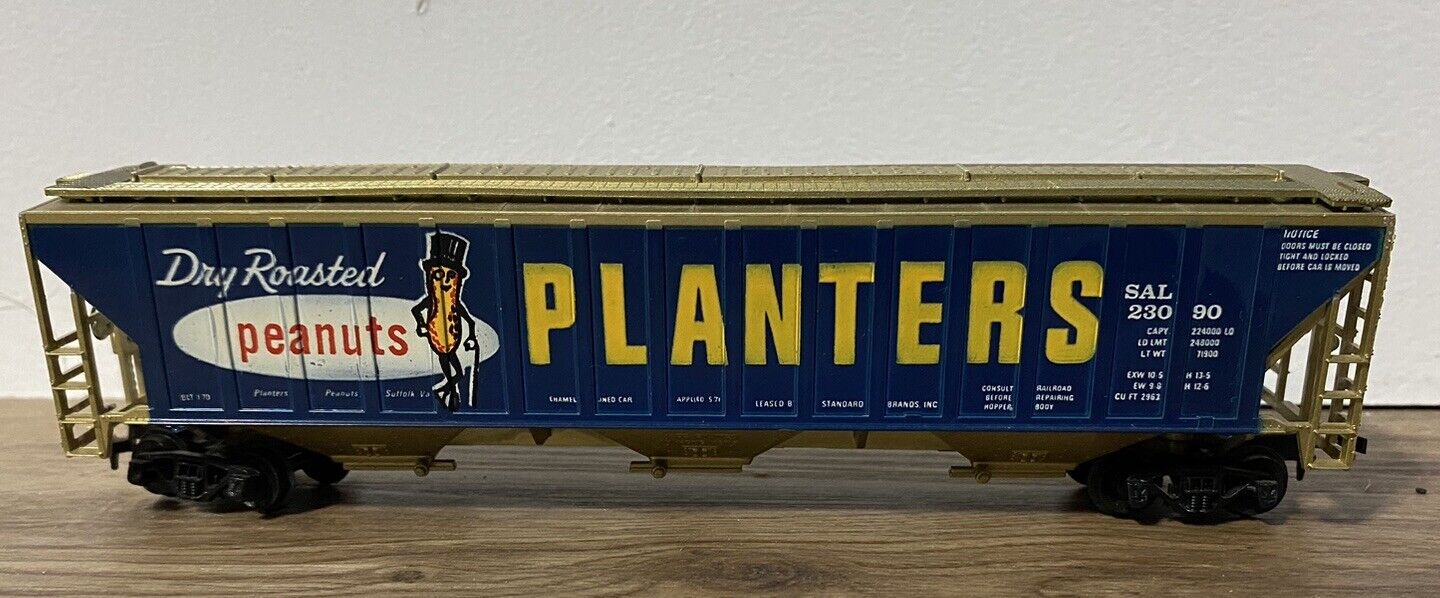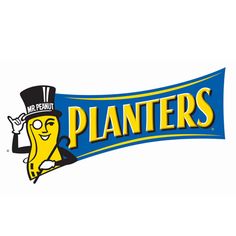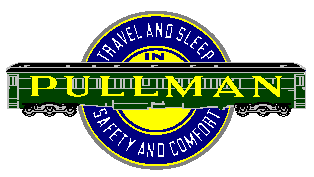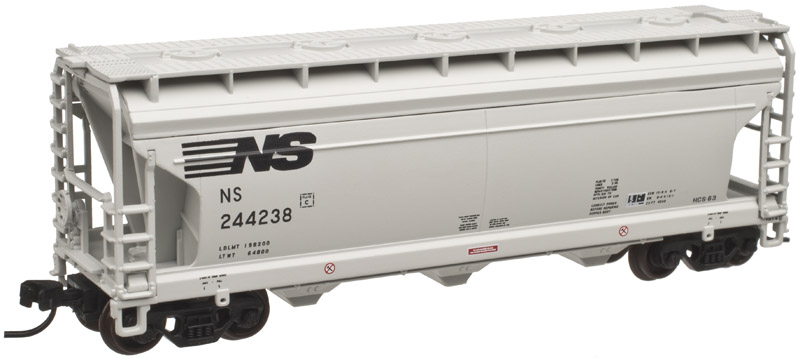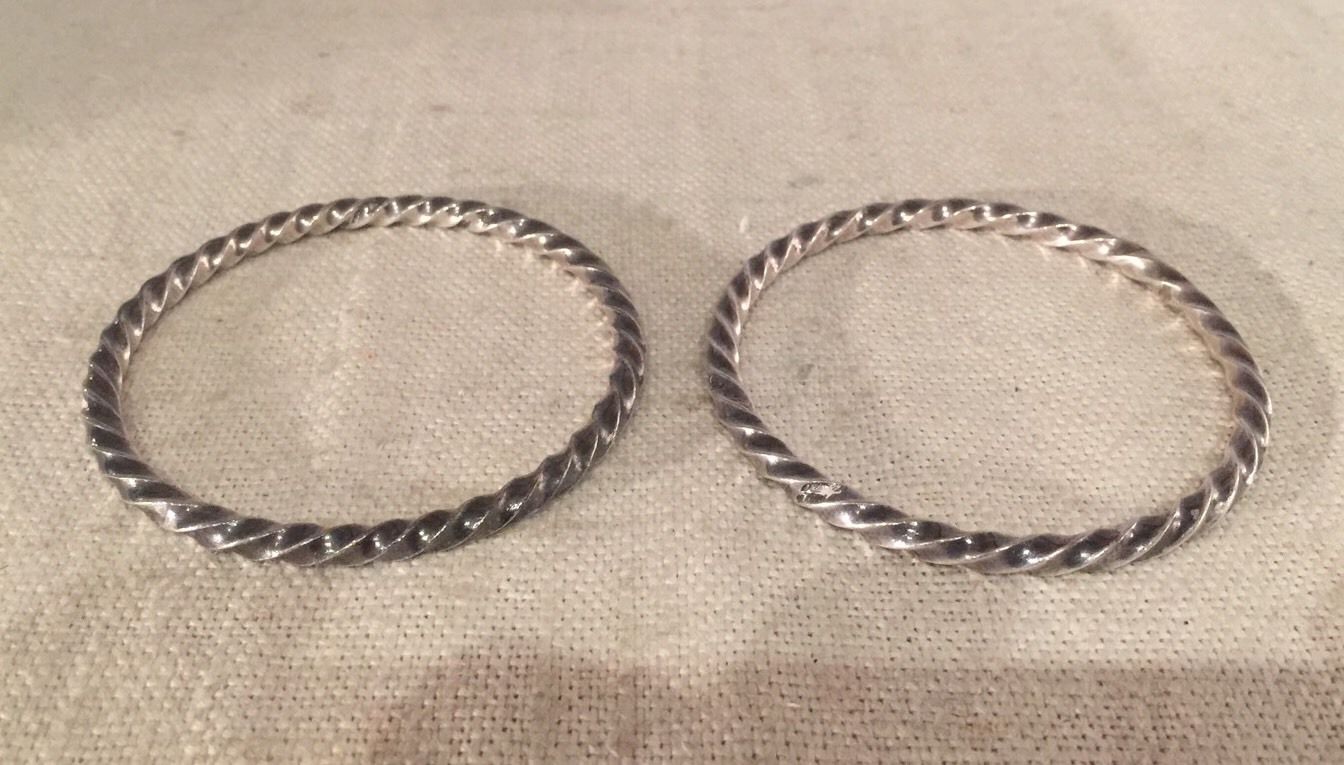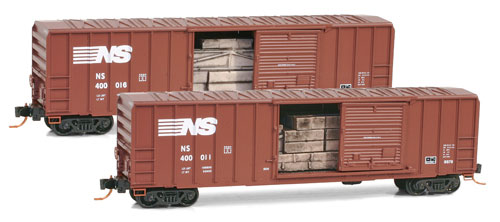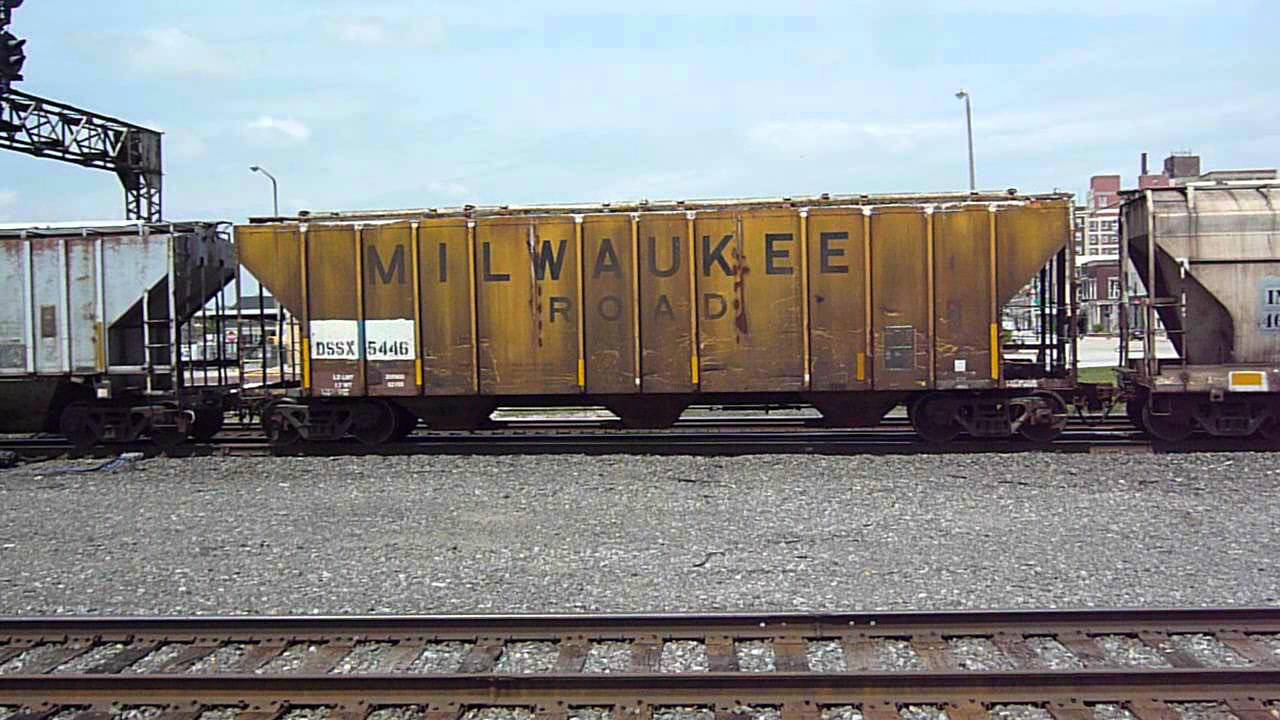General Information About Item: This car has "Tyco" stamped on the under carriage.
Prototype Information: Like their PS-1 boxcars, PS-5 gondolas and other car designs, Pullman Standard applied the PS-2 classification to all of its covered hoppers. Pullman Standard built covered hoppers in many sizes and configurations. But say “PS-2” to railfans and it is this particular car that usually first comes to mind. The 2003 cubic foot car was one of the first, smallest and prolific of the PS-2 cars.
Pullman began building its standardized freight car designs with the PS-1 boxcar in 1947. Next up would be a standard covered hopper – hence PS-2 – shortly thereafter. Although covered hoppers are among the most common cars on the rails today, in 1947 they were a rarity. The PS-2’s primary competition wasn’t other covered hopper designs but boxcars. Grain, cement, sand and dried chemicals were carried mostly in boxcars prior to the 1950s either in sacks and bags or poured in bulk through hatches in the roof. The theory here was that it made more sense to utilize a single car for a variety of products. The car could carry bags of cement one way and then cut lumber the other. Of course a car that could do many things often couldn’t do many of them well.
Pullman began building its standardized freight car designs with the PS-1 boxcar in 1947. Next up would be a standard covered hopper – hence PS-2 – shortly thereafter. Although covered hoppers are among the most common cars on the rails today, in 1947 they were a rarity. The PS-2’s primary competition wasn’t other covered hopper designs but boxcars. Grain, cement, sand and dried chemicals were carried mostly in boxcars prior to the 1950s either in sacks and bags or poured in bulk through hatches in the roof. The theory here was that it made more sense to utilize a single car for a variety of products. The car could carry bags of cement one way and then cut lumber the other. Of course a car that could do many things often couldn’t do many of them well.
Brand/Importer Information: The history of TYCO trains can be traced back to John Tyler, a pioneer in HO scale who helped found the Mantua Toy & Metal Products Company in 1926 with other members of his family. They began selling trains under the Mantua name in the 1930s. Early offerings included the powerful Midjet Motor as well as a variety of rolling stock and steam locomotive kits. The shift towards “ready-to-run” (RTR) train sets after World War II led to the creation of the Tyler Manufacturing Company in 1952, better known as TYCO .
Consolidated Foods purchased TYCO in 1970, and manufacturing was shifted from New Jersey to Hong Kong. Consolidated Foods would later change its name to Sara Lee, though Norman Tyler remained as an executive with the new company. This change in ownership ushers in the “brown-box” period for collectors. Prior to 1970, TYCO offered models that reflected fairly accurate prototypes. After 1970, TYCO’s offerings wander into a fantasy world of unprototypical models.
The TYCO model railroad business was bought back by the Tyler family in 1977, who revived them under the Mantua Industries brand. Model train production by TYCO ended in the 1990s, with the final catalog appearance in 1993. The TYCO name continues as a line of radio-controlled cars produced by Mattel.
Many of the TYCO model train products were subsequently manufactured by Mantua and by International Hobby Corporation (IHC). In 2001, Mantua stopped producing its model railroad lines and sold the business to the Model Power company, which continued to sell a few items such as steam engines and freight cars under its Mantua Classics brand. In early 2014, Model Power was acquired by Model Rectifier Corporation (MRC). The company continued to make the Mantua Classics line.
Read more on HO Scale Train Resources and TYCO Brown-Box Era websites.
Consolidated Foods purchased TYCO in 1970, and manufacturing was shifted from New Jersey to Hong Kong. Consolidated Foods would later change its name to Sara Lee, though Norman Tyler remained as an executive with the new company. This change in ownership ushers in the “brown-box” period for collectors. Prior to 1970, TYCO offered models that reflected fairly accurate prototypes. After 1970, TYCO’s offerings wander into a fantasy world of unprototypical models.
The TYCO model railroad business was bought back by the Tyler family in 1977, who revived them under the Mantua Industries brand. Model train production by TYCO ended in the 1990s, with the final catalog appearance in 1993. The TYCO name continues as a line of radio-controlled cars produced by Mattel.
Many of the TYCO model train products were subsequently manufactured by Mantua and by International Hobby Corporation (IHC). In 2001, Mantua stopped producing its model railroad lines and sold the business to the Model Power company, which continued to sell a few items such as steam engines and freight cars under its Mantua Classics brand. In early 2014, Model Power was acquired by Model Rectifier Corporation (MRC). The company continued to make the Mantua Classics line.
Read more on HO Scale Train Resources and TYCO Brown-Box Era websites.
Item created by: luchestr on 2023-12-12 17:48:40. Last edited by luchestr on 2023-12-12 17:49:27
If you see errors or missing data in this entry, please feel free to log in and edit it. Anyone with a Gmail account can log in instantly.
If you see errors or missing data in this entry, please feel free to log in and edit it. Anyone with a Gmail account can log in instantly.


